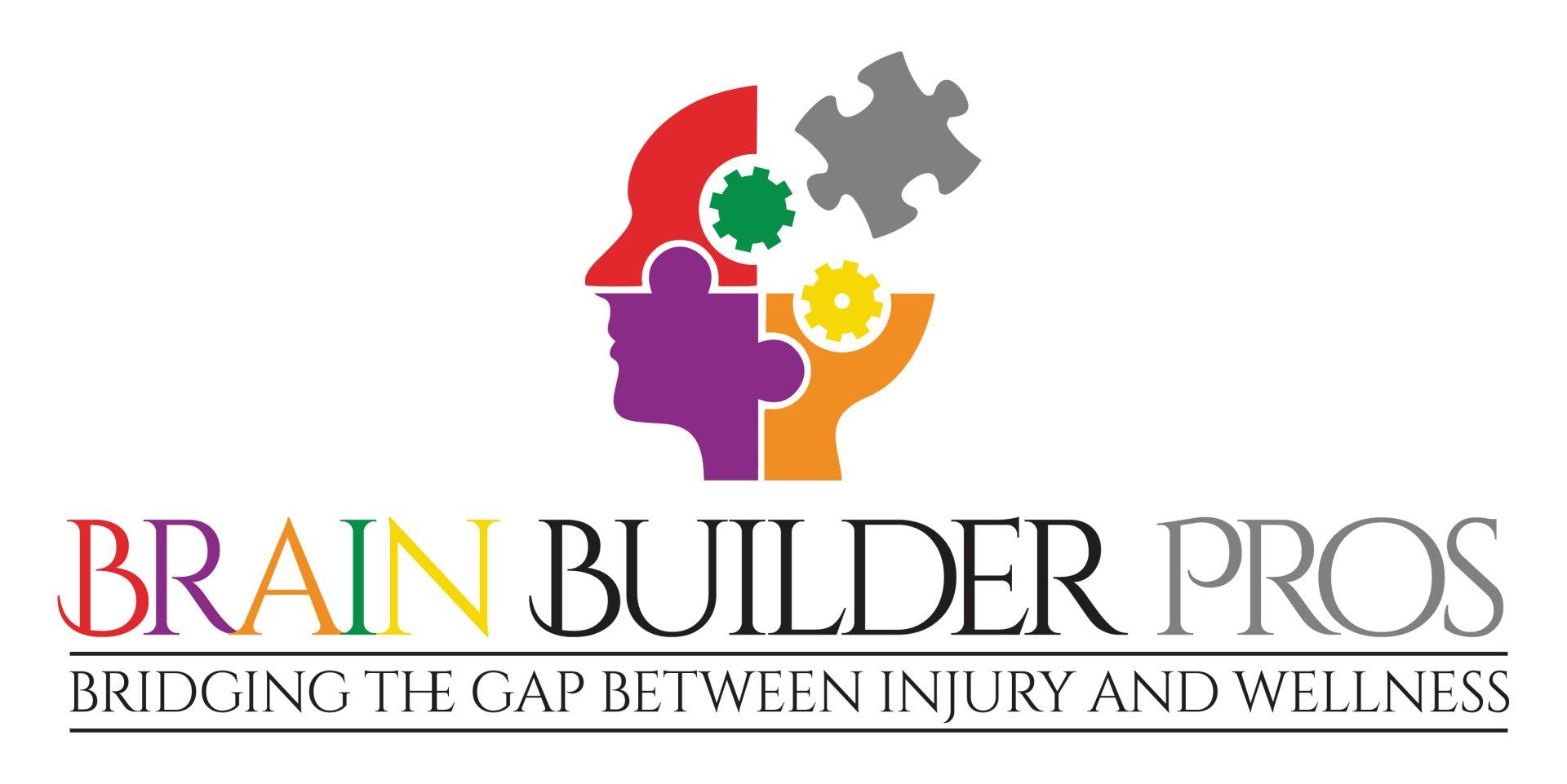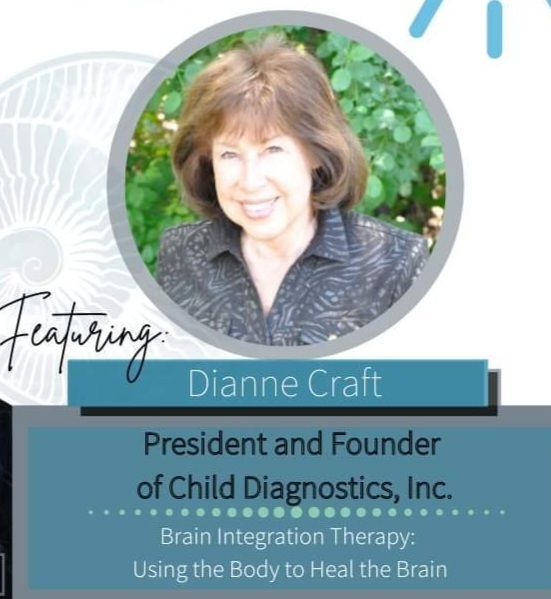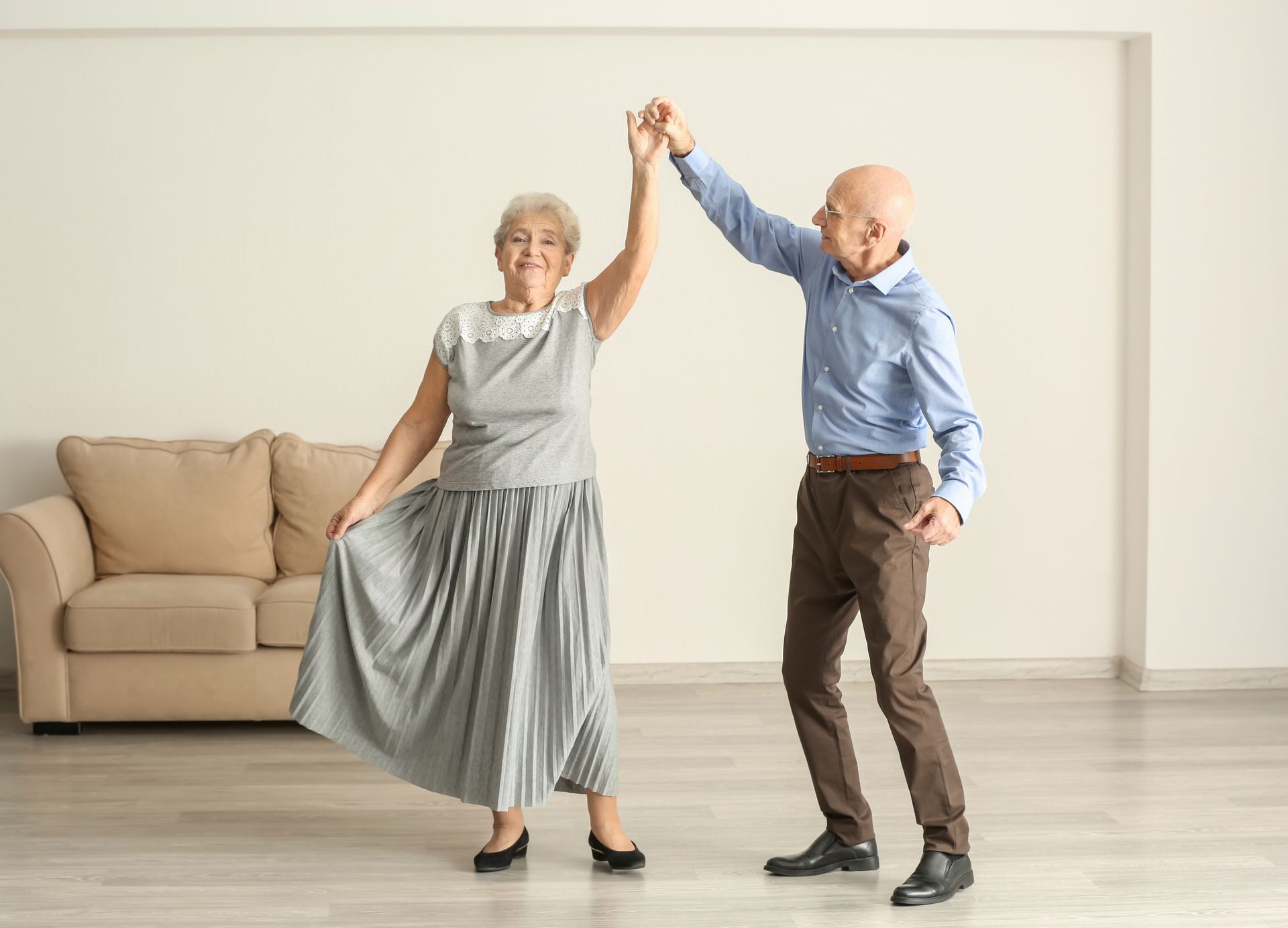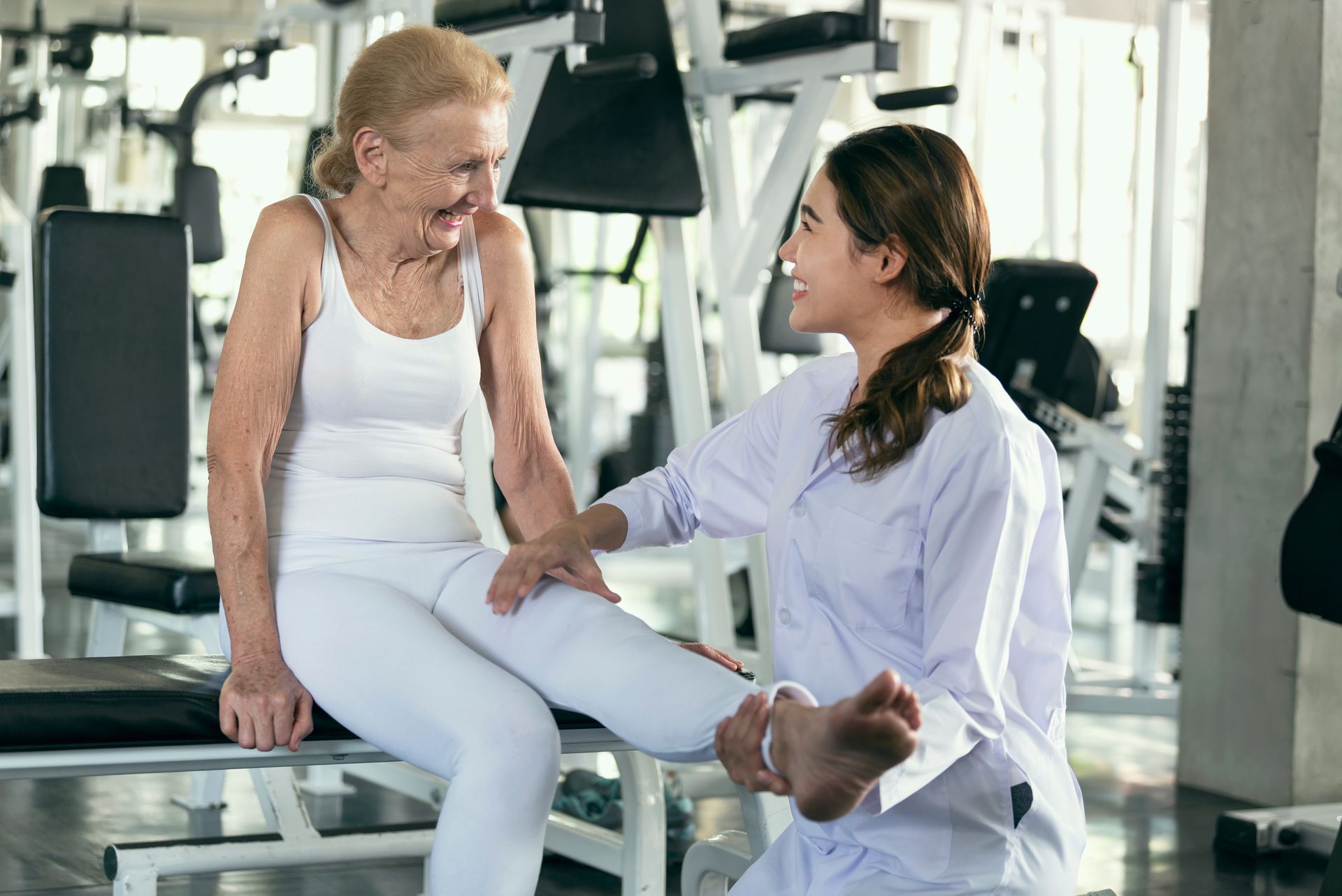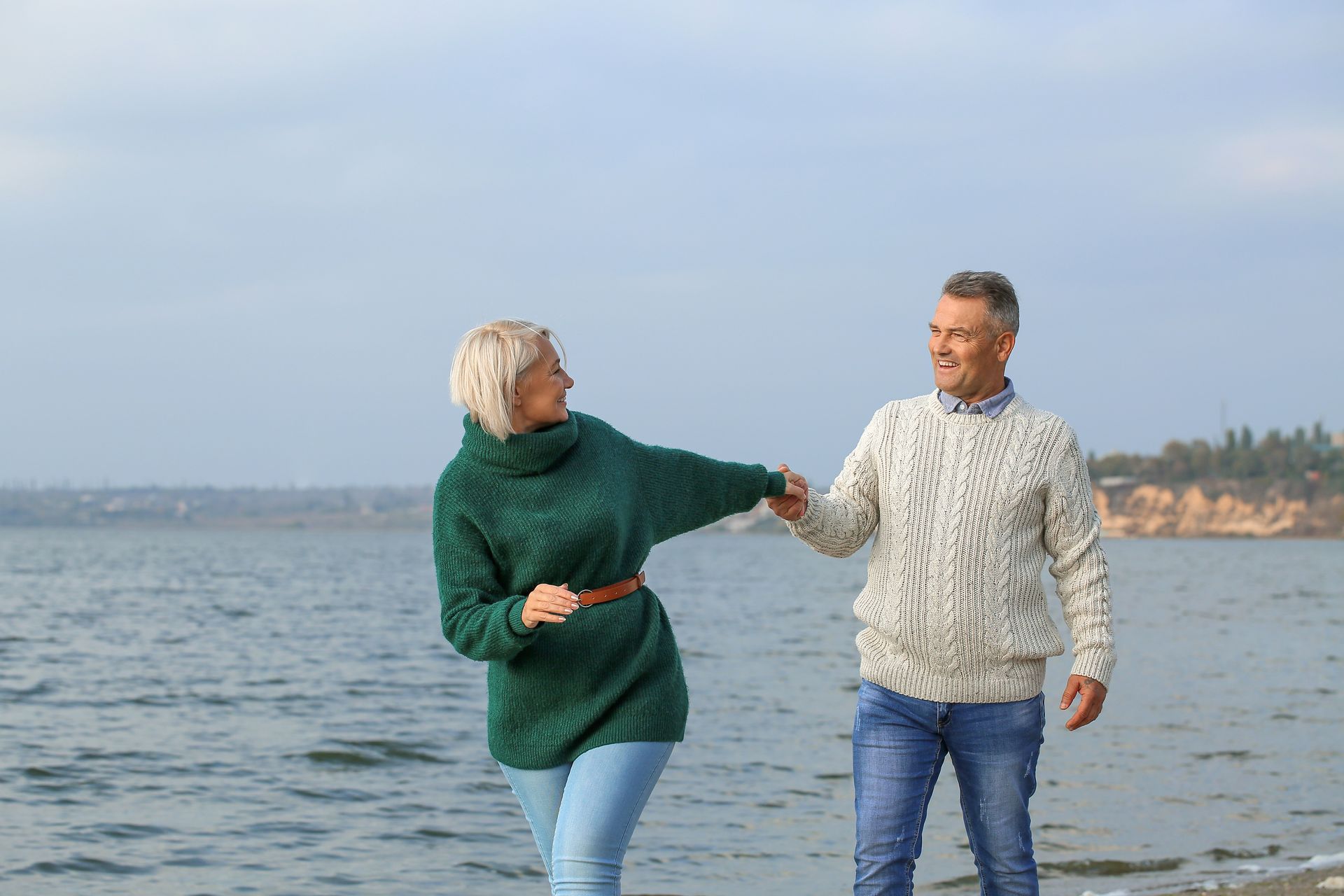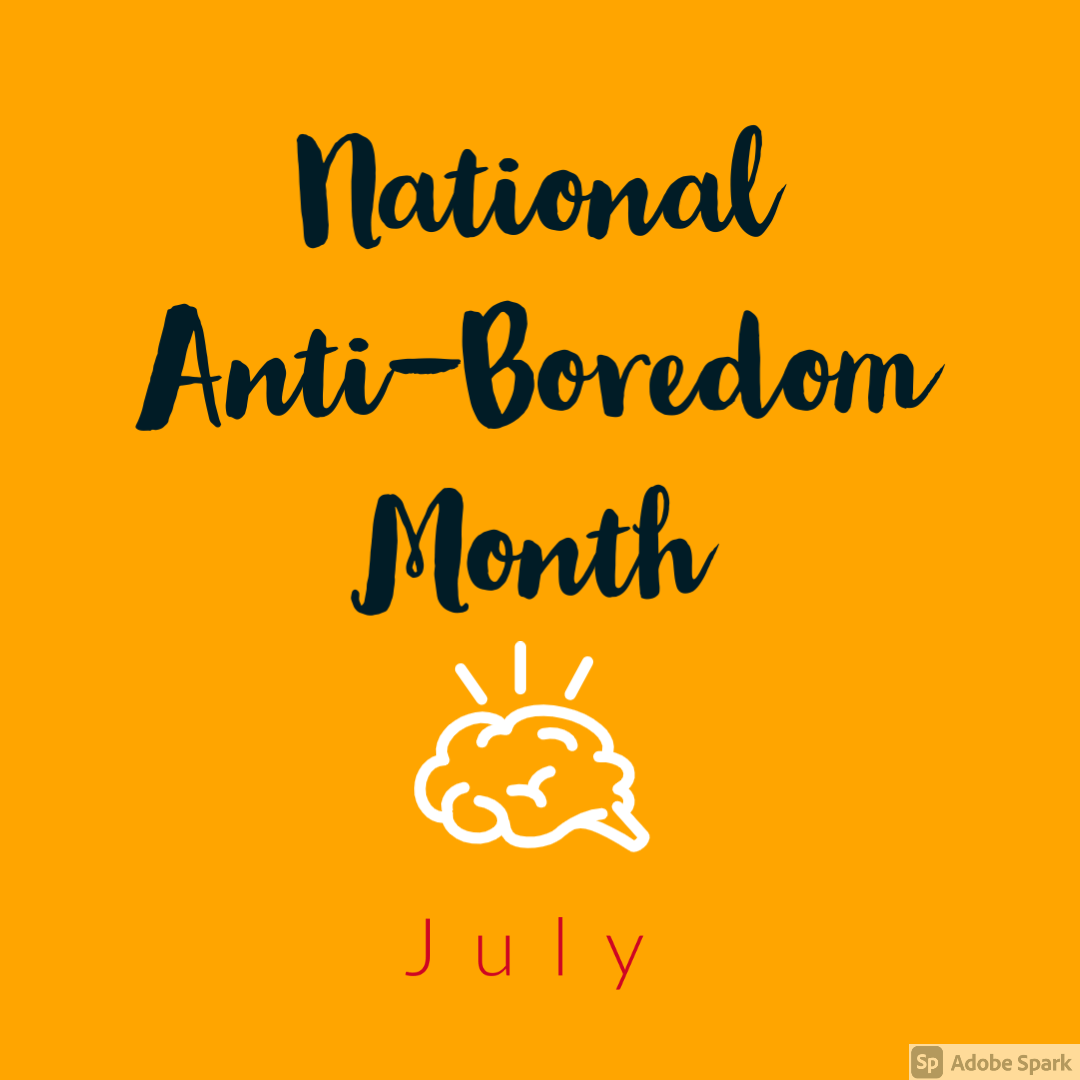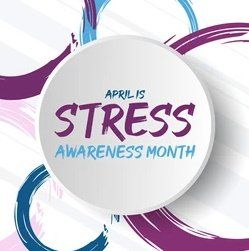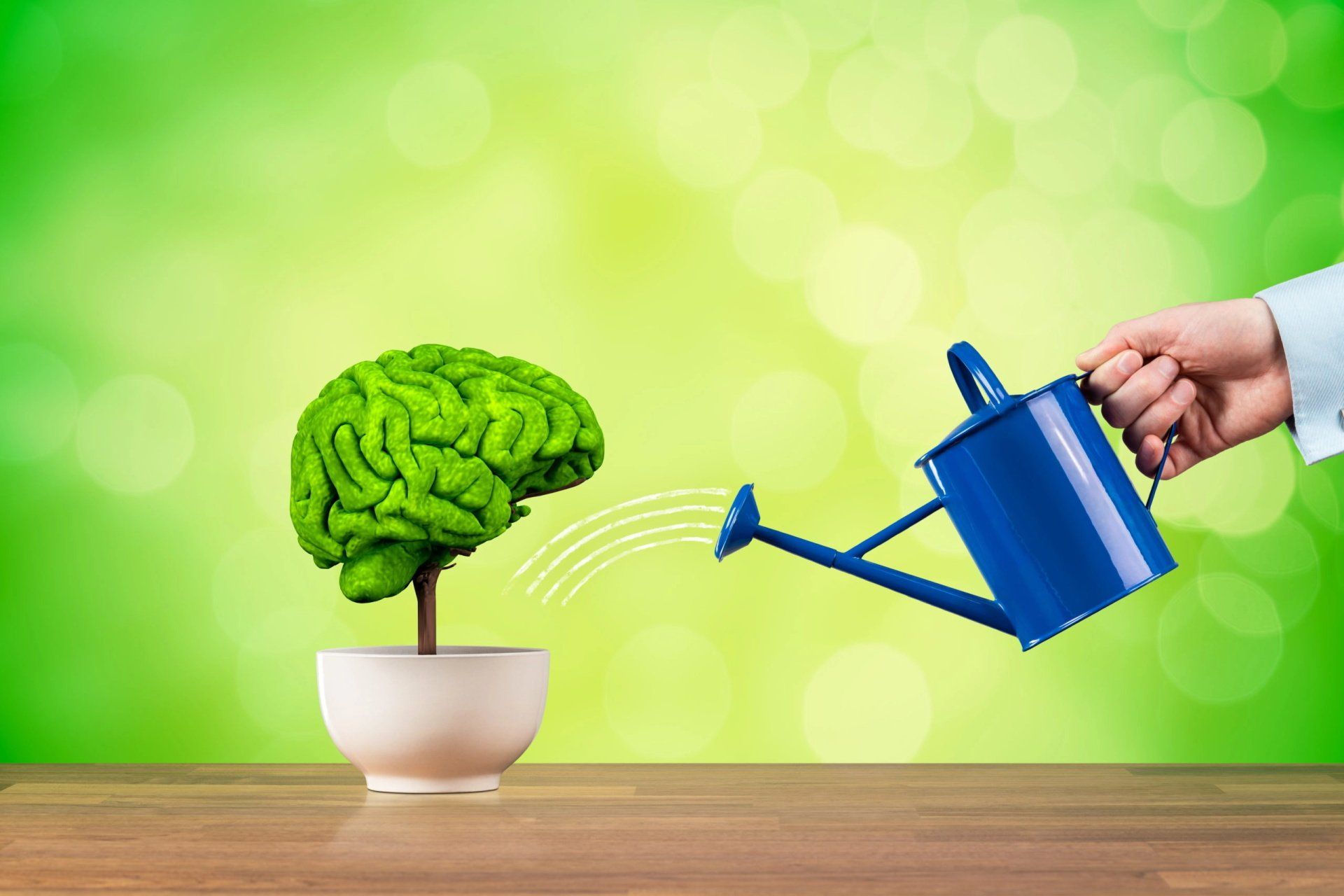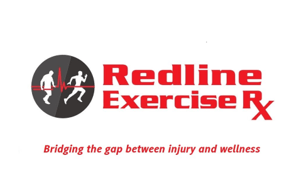Men's Health Month
Pamela Redline
June 6, 2022
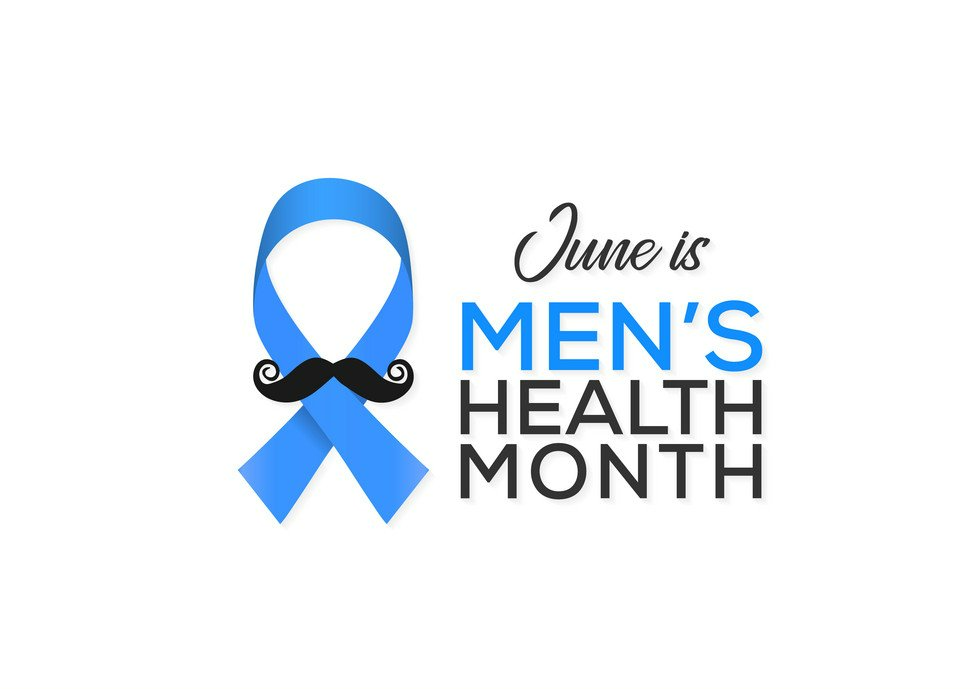
To coincide with Father’s Day this month we are honoring the men in our life by celebrating National Men’s Health Month. If you are a man yourself, or a female with a close male loved one, this blog topic may seem to strike your interest. However, we will be talking about age-related cognitive decline, which can apply to anyone as they age. What interests us specifically this month is the certain aspects of cognition have been shown to decline more rapidly in men than women (McCarrey et al., 2016 via ncbi.nlm.nih.gov). We will be focusing on these aspects today.
Cognitive decline happens naturally as we age. This isn’t something to fear though as we can work towards a mild decline in a slow progression that does not drastically affect our daily lives. What we note here are the areas in which men typically have steeper declines. According to the research, these areas include 1) mental status, 2) perceptuomotor speed and integration, and 3) visuospatial ability (McCarrey et al., 2016).
Mental status refers to the abilities such as language, recall, recognizing time and place, and calculation. The study shows that the decline of these abilities for men as they age is much steeper than that for women.
Perceptuomotor skills refer to an individual’s perceptual or sensory skills as they connect to motor skills. For example, movements that are rapid or sluggish (timing), movements forward or backward (direction), and movements such as tapping a heel to the ground (spatial awareness) are examples of perceptuomotor skills. Thus, for men, there is a steeper decline in the overall connection between the perceptual and motor skills (integration) as well as the speed related to such movements.
Visuospatial ability refers to the ability to make connections between what is seen when looking at an object and knowing where said object belongs. A prime example would be a jigsaw puzzle. The visual is what a single piece looks like in comparison to another piece (what is seen), and the spatial is knowing how to connect the pieces (where the pieces belong). Thus, the study above shows men have a steeper decline in such abilities as they age.
Now that we understand the forms of cognitive decline, let’s take a look at what we can do to help minimize or slow down the natural decline we face as we age.
The first seems obvious, but we must mention that staying mentally active is crucial. The Harvard Medical School recognizes six mental activities that can help you keep your brain active: “reading, writing, doing crossword puzzles, playing board or card games, engaging in group discussions, and playing music.” If you cannot play and instrument and do not have one, you can still learn about music! There are many websites available to you. For example, Musicca.com offers free online lessons on how to read music as well as the basics in playing piano.
A second falls a bit in line with the first as some of the fun mental activities involve others. Social interactions benefit humans on many different levels. However, in terms of cognitive decline, research has shown that depression will speed the progression (health.hardvard.edu). Interacting with others may be a way to stay mentally engaged, but it can also stave off loneliness, which is often connected to experiencing depression.
A third way to slow cognitive decline is to ensure you are living a healthy, active lifestyle. Exercise itself has been shown in various studies to improve cognitive function. However, medical professionals warn that issues such as diabetes and obesity can have major effects on your brain health. Specifically, high blood pressure and cholesterol levels are known to decrease cognitive function.
Additionally, sleep habits should be high on everyone’s priority list. Every parent knows that children need plenty of rest before school in order to be at their best mentally. Yet, we seem to forget this as we age. We may not be heading off to learn at school each day, but even the elderly need 7-8 hours of quality sleep each night. It just so happens that we need to pay more attention to our sleep habits as we get older, and our sleep is interrupted by needing to use the restroom in the middle of the night or not feeling like we can stay in bed when we “can’t sleep any longer.” It is actually erroneous to believe that it is because we are getting older that we tire out too quickly and have to take naps. Often, we drift off in our comfy chairs during the afternoon hours simply because we have bad sleep habits and are not getting enough quality sleep at night.
Finally, diet can also drastically affect one’s propensity to suffer from cognitive decline more rapidly and/or at an earlier age. In fact, medical professionals state that “diets high in fruits, vegetables, and fish have been shown to improve cognitive function, while also being good for the health and wellbeing of your body in general” (Core Medical Wellness). An article from the Harvard Medical School reaffirms this notion and claims that a Mediterranean-style diet is extremely beneficial in slowing cognitive decline in individuals. Interested in giving it a try? Check out these easy and delicious recipes for beginners: https://www.everydayhealth.com/mediterranean-diet/easy-mediterranean-diet-recipes-beginners/
Be sure to also check out the blog from our sister company, Redline Exercise Rx, as they celebrate the designation of June as National Fresh Fruit and Vegetable Month and provide more information on how you can incorporate these wonderful foods into your diet!
References:
https://coremedicalwellness.com/combating-cognitive-decline-older-men/
https://www.ncbi.nlm.nih.gov/pmc/articles/PMC4783196/
https://www.health.harvard.edu/mind-and-mood/protecting-against-cognitive-decline
New Paragraph
